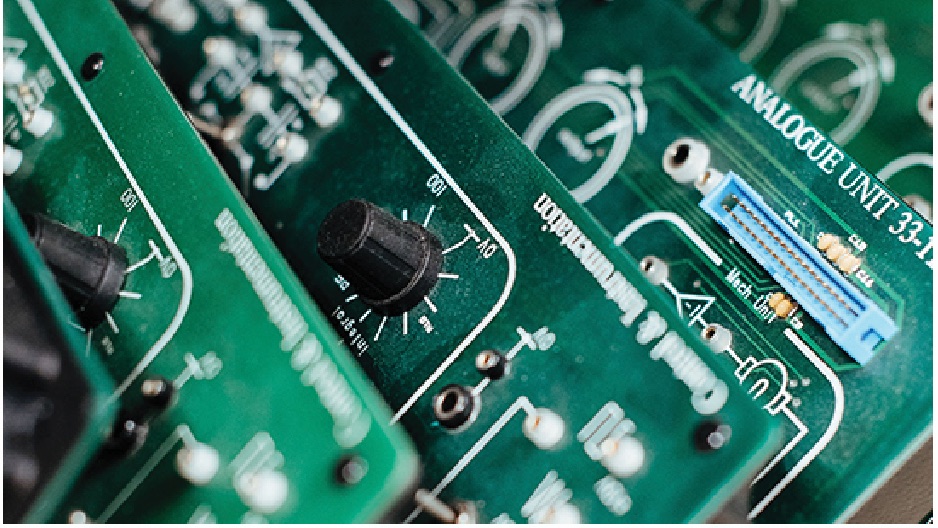John Nori, a senior electrical engineering major with a computer engineering concentration has been infatuated with computers and electrical systems throughout his life, always wondering how exactly they work.
“They are sort of magical in a way,” Nori said.
Now, he’s pursuing his innate curiosity with his Temple education, which allows him to study computer systems and understand their inner workings, as well as inspire his award-winning research.
This past fall semester, Nori was awarded Temple’s Livingstone Undergraduate Research Award in STEM, which recognizes outstanding undergraduate research projects, for his analysis of cyberattacks on the smart grid.
His project studies how three machine learning techniques — long short-term memory, generative adversarial networks and cluster-driven ensemble learning — can mitigate false data injection attacks on grid control systems and recommends implementing and further researching a cluster-driven ensemble learning approach.
“Determining the most effective means to combat cyberattacks on the smart grid is of the utmost importance,” Nori said. “Smart grid attacks can have severe social, economic and environmental consequences including mass blackouts, infrastructural damage and excess greenhouse gas emissions. In a world so heavily dependent on electricity, it is vital that our power generating systems are protected and maintained.”
Nori hopes his research inspires others to continue pursuing solutions to smart grid attacks. For now, he’s moved on to completing various other projects and achieving yet another award: the 2023 Institute of Electrical and Electronics Engineers (IEEE) Philadelphia Section Merrill Buckley Jr. Student Project Award.
The IEEE recognized Nori for the coding work he did as a research assistant at the Computer FUSION Lab with Dr. Li Bai, the chair and professor in the Electrical and Computer Engineering Department.
“I was honored that my work has been recognized as important and greatly appreciated the IEEE's support,” Nori said.
To add to Nori’s growing list of achievements, he is a first-generation engineer from a family of Philadelphia teachers. He initially began exploring his future career in a high school physics class, which played a significant role in developing his interest in engineering.
“I have always liked to build things and solve problems, and physics introduced me to the means by which scientists use math to model and study real-world systems,” Nori said.
Then, thanks to his senior-year introductory engineering class and a reflection on his passion for understanding computers, Nori decided to pursue a career in the field.
Most recently, Nori worked on studying and implementing public key cryptography systems in the Python programming language, though he has various specialized interests in electrical engineering. As he continues to explore them through research at Temple, further recognition may come along the way.
“I do not start projects with the intention of trying to win awards or gain notoriety; I begin projects because I think they are interesting, fun, and challenging,” Nori said. “Nevertheless, it is always nice to have one's work noted for achievement.”

